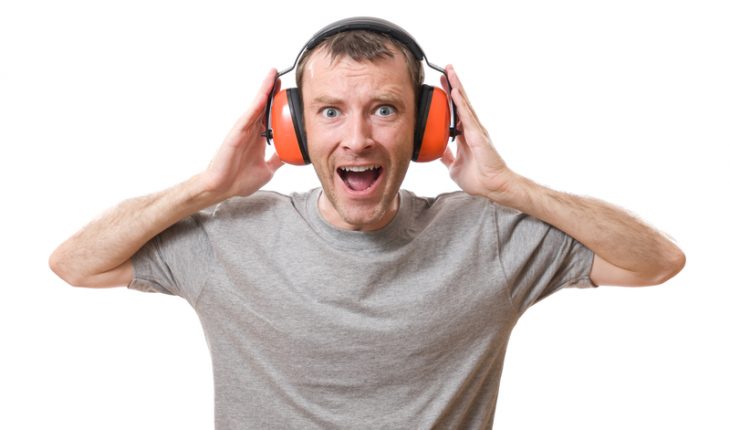Commonly thought to be the second strongest of the five senses, your ability to hear plays an important role in how you experience the world around you. Unfortunately, it’s all too easy to damage your hearing, and may be impossible to reverse. As such, it’s essential to take steps to protect your ears from hearing damage.
Keep Your Ears Clean
Keeping your ears clean and dry is important to your auditory health. It’s important to note that the presence of ear wax is entirely normal and healthy. Ear wax protects your ears from various debris that could otherwise damage your ears. If you have excess wax, gently clean around your ear canal with a damp towel or use an ear wax removal solution. Don’t use a q-tip. If water gets in your ears, you become more susceptible to bacterial infections that can threaten your hearing. Gently drying your ears with a towel after bathing or swimming can help, though you may need to coax the water out sometimes. For even better protection, use custom-fit swimmers’ earplugs to prevent water from entering the canal.
Wear Ear Protection
If you work in a setting that exposes you to loud noises, you’ll need to take a proactive approach to protect your hearing unless you want to lose it. Exposure to 85 decibels or higher for long periods of time can lead to hearing damage. It’s important to make sure you wear appropriate ear protection to protect your hearing. Your employer is responsible for providing adequate protective equipment when it’s needed to do your job. Failing to do so may result in an OSHA regulation violation.
Limit the Volume
Loud noises at work aren’t the only noise exposure you need to be aware of. Thanks to headphones and especially earbuds, people are increasingly exposed to louder volumes closer to their ears voluntarily. This poses a serious threat to your hearing. It’s putting teens and young adults at a much greater risk of hearing loss. Protect your hearing by using the 60/60 rule when using headphones and earbuds.
Protecting your hearing throughout your life is important if you want to keep it. To protect your ears, keep them clean, wear ear protection when exposed to loud noises, and limit the volume you’re exposed to when possible. By taking a proactive approach to protecting your hearing, you’ll be able to preserve it in your later years and avoid the high costs associated with medical interventions.
Read this next: How to Naturally Manage Your Diabetes




